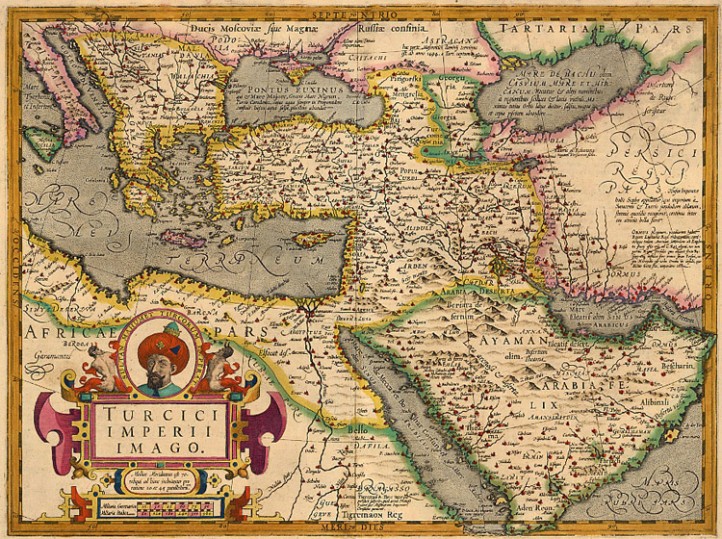Paper in Motion: Methods and Case Studies for an Interdisciplinary Approach (November 15, University of Florence)
This seminar intends to use a series of case studies to exemplify the role of paper as (1) material medium for communication and consequently for the establishment of institutions, communities and the emotional ties that generated them, and (2) as a trope that denotes the nature and the function of the information, emotions and values it is used to record and convey. As the case studies will suggest, the different uses and functions of paper determined strategies and methods employed in the administration of the movement of people, ideas, and goods, and in the creation of complex networks (political, economic, religious, and intellectual) across the Mediterranean and beyond. There will be a particular focus upon the circulation of texts and documents involved in the articulation of discursive varieties for the expression of subjective emotional identities and for the establishment of the norms that regulated their public and social dimensions. Prof José María Perez Fernandez's original research started with an interdisciplinary approach to comparative literature, which then led to an interest in the relations between early modern literature and political [...]



